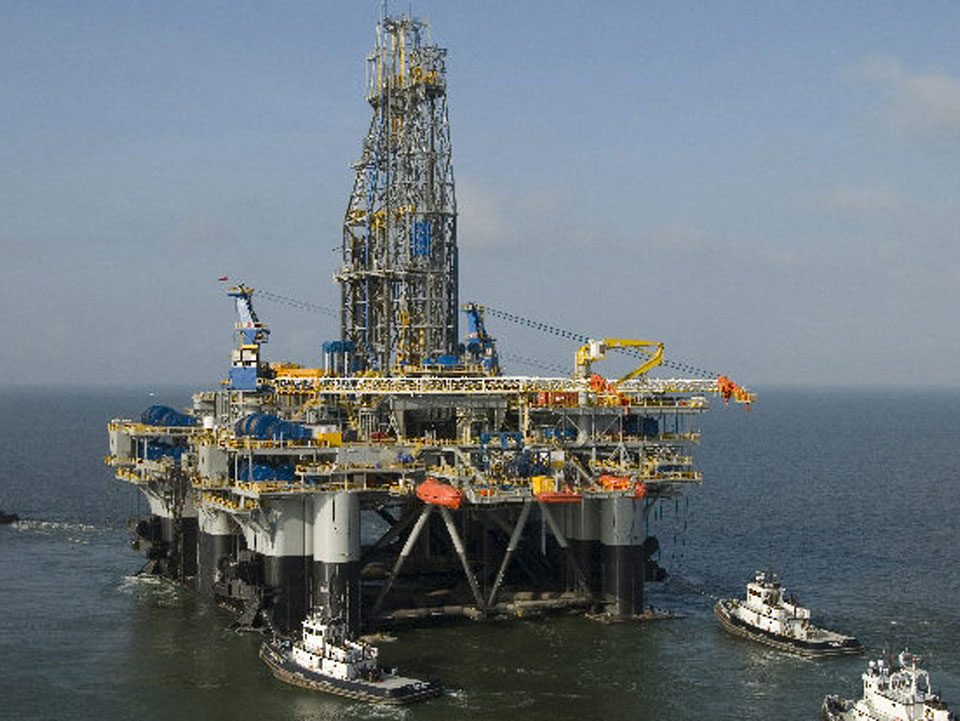Africa Update: OPEC celebrates Nigeria’s oil industry in new bulletin

Nigeria Update: Stock market indices rebound against expectations by N45b
April 6, 2018
Nigeria Update: ‘CAC undergoing reforms to improve ease of doing business’
April 6, 2018The Organisation of Petroleum Exporting Countries (OPEC) has dedicated the March edition of OPEC bulletin to celebrate Nigeria’s oil and gas sector.
OPEC said that Nigeria, which joined the Organization in 1971, has since then, provided able leadership and important support to the it.
OPEC said that Nigeria thus holds a unique place far beyond its contribution to the Organization and its recent successes.
According to the organization, Nigeria produced 1.43 million barrels per day (bpd) of petroleum and earned a total of $27.79 billion through petroleum exports in 2016.
This, it noted, is set to continue and, looking ahead, with 37.45 billion barrels in proven crude reserves, the country has a place of importance in the energy supply of the future. It also has 5,480bn cubic metres of proven natural gas reserves, which provides it with yet another important national revenue stream.
The Minister of State for Petroleum Resources, Dr. Ibe Kachikwu, in the bulletin, remained adamant about Nigeria’s commitment to the ‘OPEC Declaration of Cooperation’ on crude oil production freeze to boost prices.
“Despite the difficulties we have had, we are determined to stick to our numbers. Even as we look at new projects, we consider how they impact on our commitments,” the Minister said. “Nigeria will not only support the ‘Declaration of Cooperation’, we will continue to play a leadership role.”
While acknowledging the many challenges facing the oil industry, Kachikwu in the bulletin said that there is recognition of more industry wide optimism in the oil industry than was the case one or two years ago.
A large reason for this is the success of the ‘OPEC Declaration of Cooperation’, which the Minister describes as being responsible for the “great rejuvenation of OPEC.”
The Minister described the OPEC declaration as the best decision ever made by the organisation.
He added: “It has created an extra relevance for us in the world space. It gave an opportunity for countries that had not played a leading role in oil.
The world now sees OPEC as a global body looking for stability in the oil industry. Compliance being so high (133 per cent in January) is testament to the fact that members are serious about implementation and those administering it are rigorous about their checks and follow-ups.”
OPEC Secretary General praised Kachikwu for his contribution to the growth of the Nigeria’s oil industry. “Nigeria is also blessed in benefiting from the incredible repertoire of skills possessed by our able and sagacious Minister Kachikwu. The Minister has been a lynchpin for the success, which OPEC has enjoyed over the last few years since I assumed office. His talent, wisdom and industriousness have made him an asset to our country and to the OPEC and non-OPEC strategic partnership.
“We are emerging from a dark and painful chapter for our industry; however, with the Declaration of Cooperation providing an anchor of stability, a new page is being written, one which has the interests of producers, consumers and the global economy at its heart. With the OPEC/non-OPEC strategic partnership fulfilling its responsibilities and Nigeria playing a leadership role, one cannot help but brim with confidence that working together; we can achieve a better tomorrow.”

